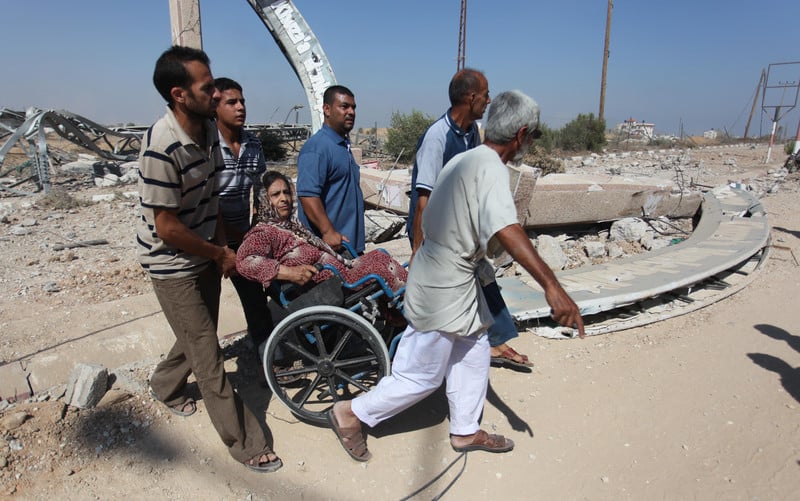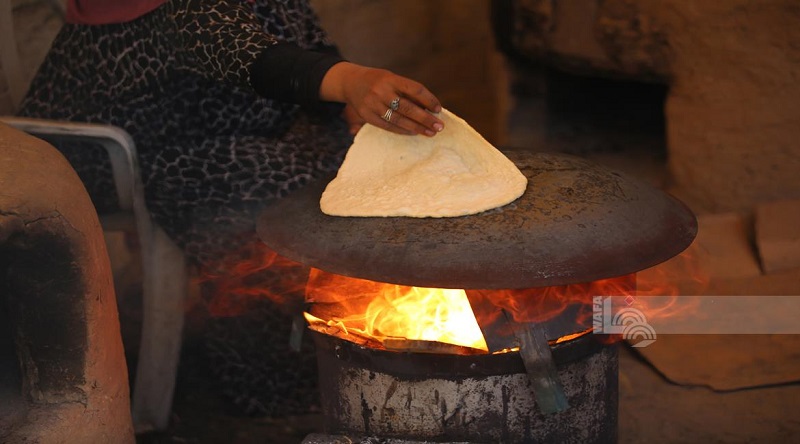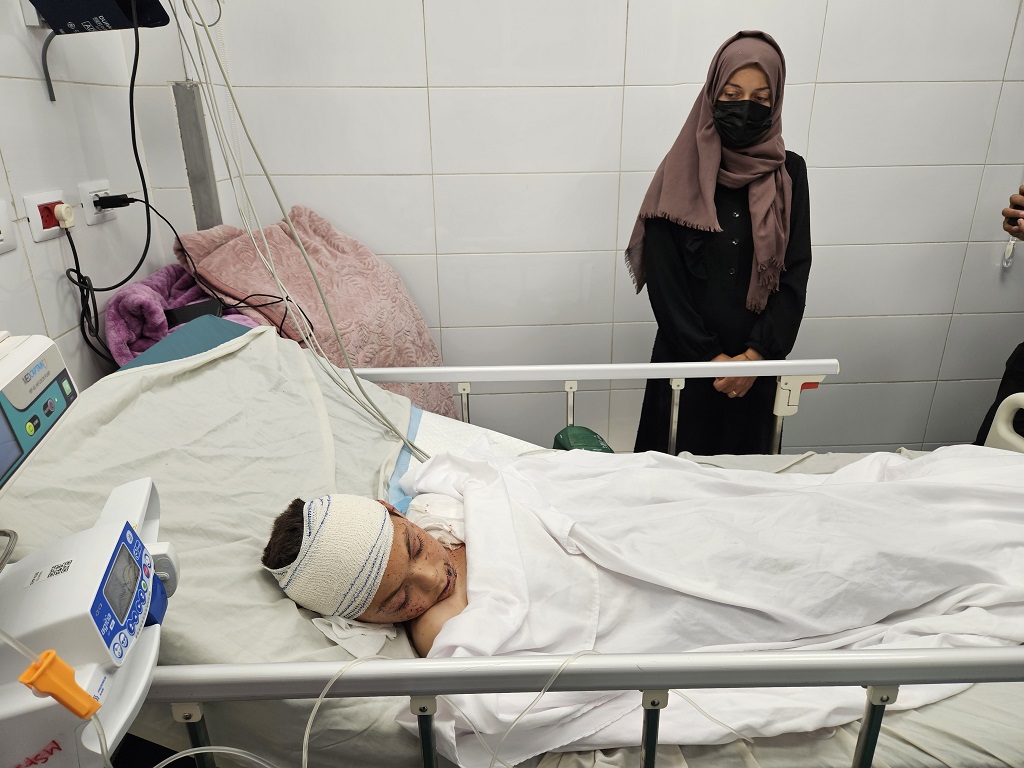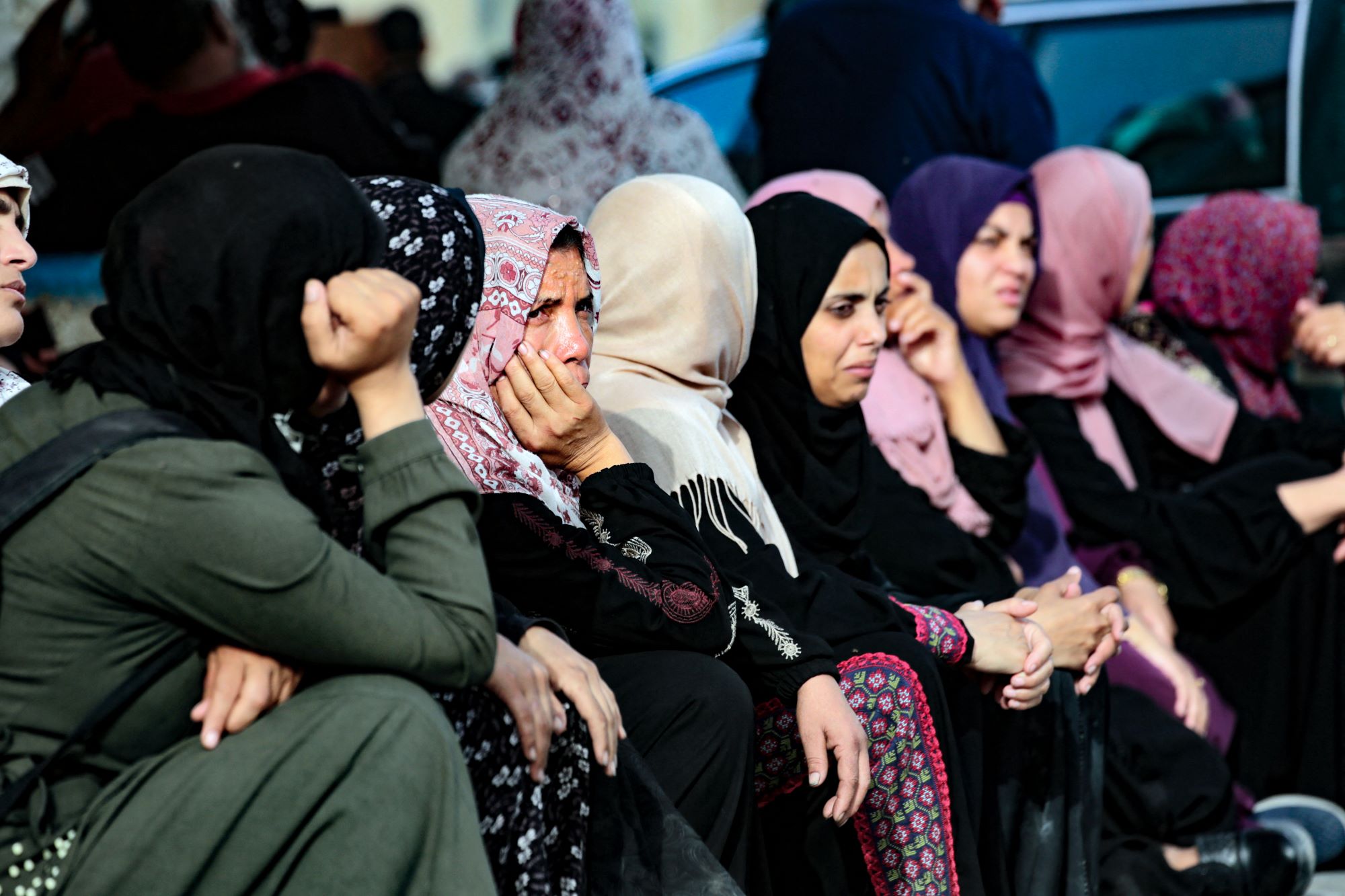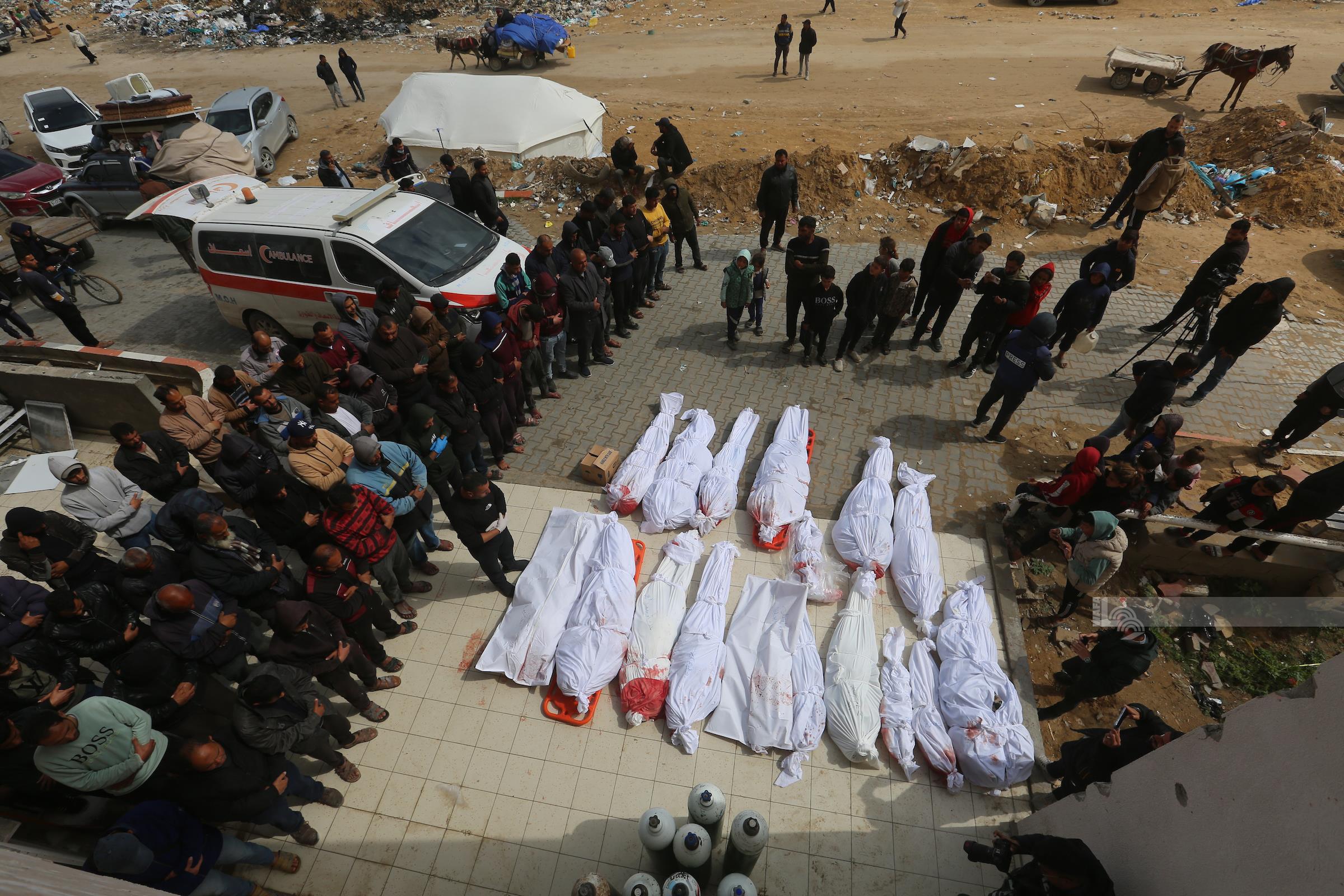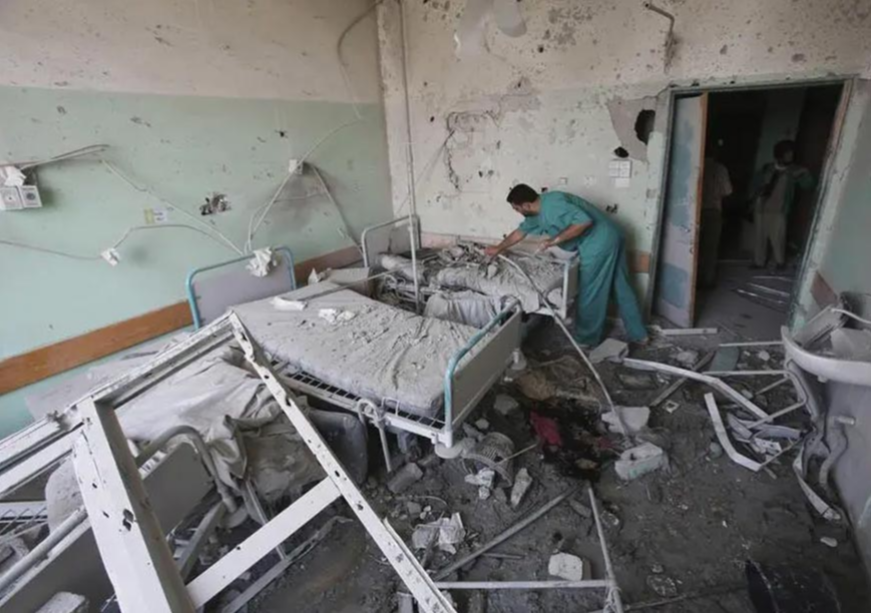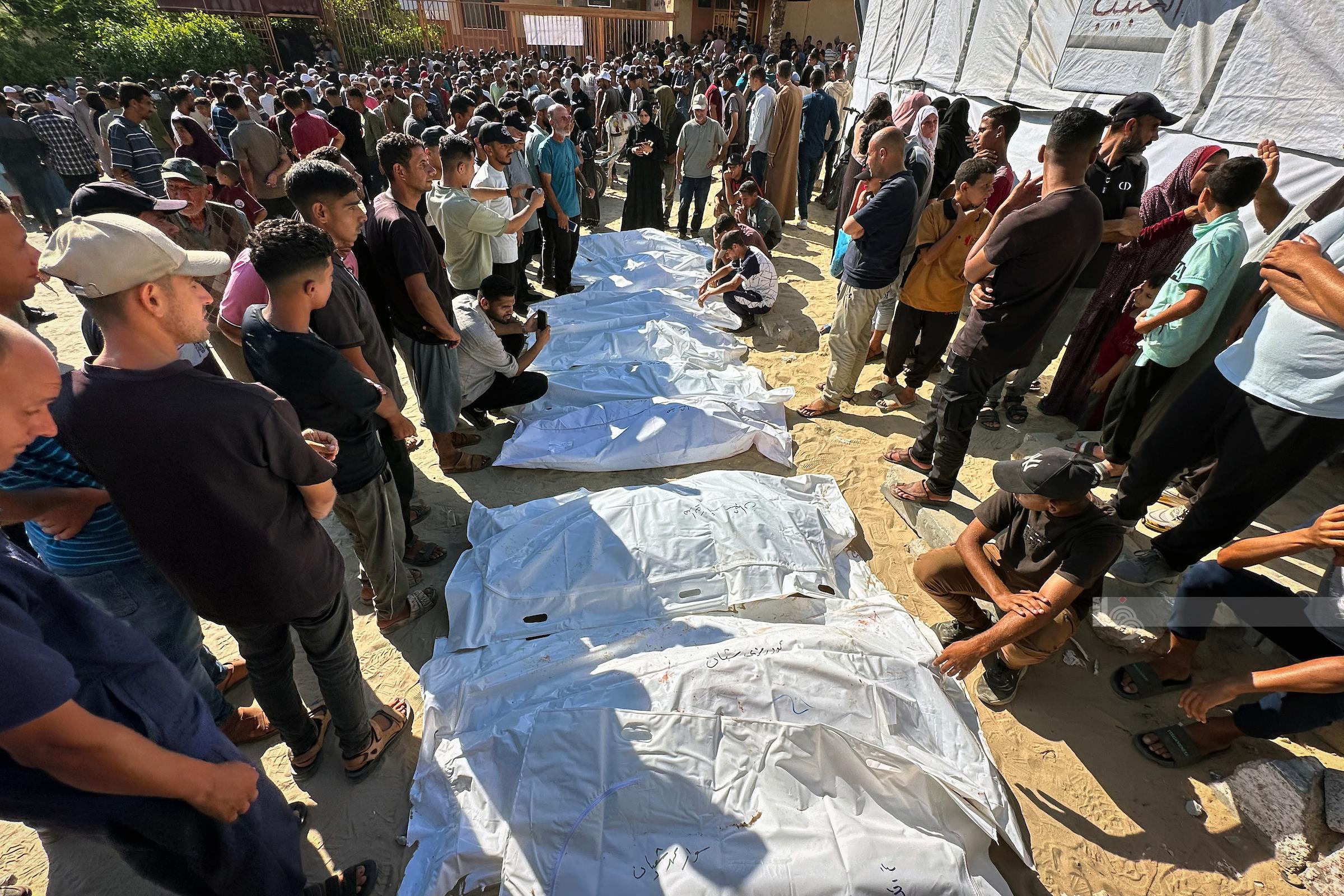By Ali al-Farra
GAZA, January 26, 2025 (WAFA) – Since the onset of the Israeli genocidal offensive on Gaza on October 7, 2023, those with physical and mental disabilities have been among the most vulnerable, enduring unimaginable hardship.
The devastating toll of the Israeli onslaught on civilians has been indiscriminate, with disabled individuals facing additional challenges in fleeing their homes and seeking refuge.
Even their impairments offered no protection from the brutal violence, torture, and cold-blooded executions carried out by Israeli forces in blatant violation of international law.
As the ceasefire came into effect on January 19, 2025, people from the outskirts of Khan Younis in the southern Gaza Strip began returning to their homes, searching for missing loved ones and assessing the destruction.
Among those returning was a painful discovery: the body of 30-year-old Basem Abu Halib, a man who had long suffered from a mental disability after being tortured by Israeli forces during the 2014 Gaza war.
Basem's brother, Hazem Abu Halib, described how, despite his brother’s suffering, the family had never given up hope. Basem had been detained by Israeli special forces in 2014, brutally beaten near their home, and left for dead.
It wasn't until emergency medical teams managed to resuscitate him that they realized Basem had survived, though the physical and psychological scars left him with a permanent mental disability.
“He couldn’t hurt anyone. He couldn’t even understand what was happening around him,” Hazem explained. “He became unable to speak in full sentences, and his movements were erratic.”
After the Israeli military declared parts of the area around their village, including the western part of Khan Younis, a "humanitarian zone" in December 2024, the family had returned to their home.
But soon after, they were forced to evacuate once more, and Basem went missing. A few weeks into the new year, word spread that a voice—likely Basem’s—had been heard walking towards the western side of the village, but he was never seen again.
When the ceasefire took hold, Hazem and other villagers found his brother's body in the fields east of Khan Younis. The wounds were clear: Basem had been shot multiple times in the head and chest at close range. His killing appeared to be an execution, cold-blooded and deliberate.
Basem’s story is tragically not unique. In another instance, 64-year-old Hassan Jareer, a man with a mental disability and speech impairment, was found dead under the rubble of his home, which had been demolished by Israeli bulldozers. Hassan’s brother, Yasser Jareer, recounted the confusion and devastation the family had faced when Hassan disappeared, with relatives last seeing him heading north toward the areas near the Gaza-Israel border, a zone declared dangerous by the Israeli military.
Yasser said, "We searched everywhere for Hassan. We had no idea where he had gone, but the news from the people around the border was grim. They had seen him, but he didn’t respond. Later, we learned he had been trapped under the rubble when the Israeli bulldozers destroyed the house.”
The brutalization of disabled individuals during the Israeli aggression extends beyond these two cases. The story of Abd al-Jabbar, a local figure known for his distinctive voice, echoes similar tales of vulnerability.
Abd al-Jabbar, who was known to refuse shelter or assistance, went missing when the Israeli military ordered evacuations from Khan Younis. Later, residents found his mutilated body hanging from a pole in the town, suggesting he had been tortured and hanged by Israeli forces.
Another victim, Henda, a 50-year-old woman from the village of Al-Qarara, had long been known in the area for her daily wandering, asking for food but never money.
She was mute and isolated, with no family to speak of. When the ceasefire was declared, a neighbor found Henda’s lifeless body among trees uprooted by Israeli bulldozers. Authorities believe she had been shot and possibly buried alive while still breathing.
These accounts of disabled Palestinians being targeted during Israel’s latest offensive on Gaza highlight not only the horrifying reality of war but also the particular vulnerability of disabled people in such times of crisis.
International conventions protecting civilians in armed conflict seem to have been disregarded as Israel continued its deadly assault, indiscriminately murdering children, the elderly, and the disabled alike.
In the streets of Gaza, the images of these innocent lives lost will forever haunt the memories of those left behind. The bloodshed and suffering continue to stir outrage and raise profound questions about the true cost of this war, which has left entire families decimated, homes destroyed, and communities scattered in the wake of unspeakable violence.
The international community’s failure to address such blatant violations of human rights and international law only deepens the despair of those who have lived through this nightmare.
Yet, for the families of Basem, Hassan, Abd al-Jabbar, and Henda, the pain is not only in their loss but in the injustice of a war that spared no one—especially not those who were most vulnerable.
M.N



